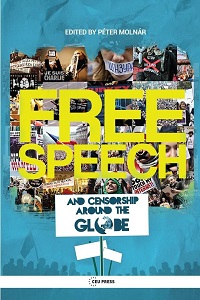
Eavesdropping on the Freedom of Expression in India
Eavesdropping on the Freedom of Expression in India
Keywords: Freedom of Expression in India
More...
Keywords: Freedom of Expression in India
More...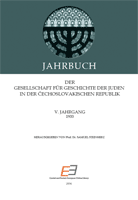
xxx
More...
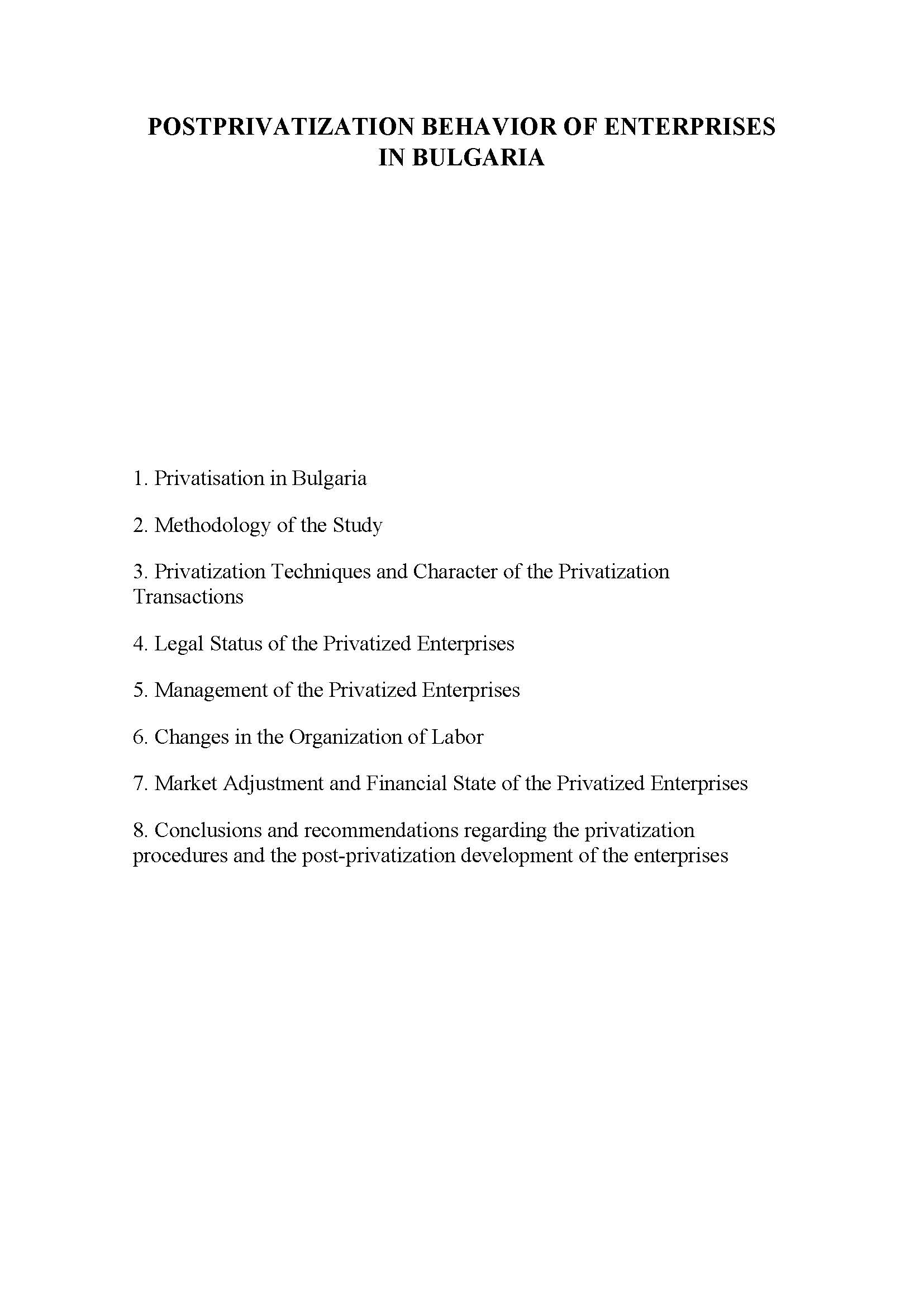
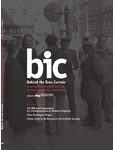
Keywords: Czechoslovakia; SOE; Reinhard Heydrich; assassination; Josef Gabčík; Jan Kubiš; Operation Anthropoid;
On Wednesday, 27 May 1942, at 10:35 AM, Warrant Officers Josef Gabčík and Jan Kubiš, sent from the UK, carried out the assassination of the acting Reich Protector, SS-Obergruppenführer and Police General Reinhard Heydrich, who was travelling from his home in Panenské Břežany to Prague. We are at present marking the seven decades that have elapsed since this important historical moment (it really was a moment – about twenty seconds long). What role in the whole operation was played by the Special Operations Executive (SOE)?
More...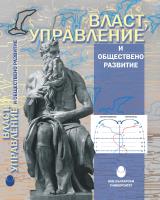
Keywords: Management; Human Capital; Bulgaria; Criticism; Fiscal reforms 2001 and 2003-2008; Healthcare; Education; Social assistance
In this study are analyzed and evaluated quantitative and qualitative characteristics of the human capital as well as the factors on which they depend. It is made forecast of the quantitative characteristics dynamic by 2035 and a critical assessment of the demographic policy. It is made a comparative analysis of the budget policy after the fiscal reform of 2003-2008 and that from 2001. It is proved that this reform injury human capital. It is analyzed and critically evaluated results of the management of healthcare, education and social assistance as factors for human capital. The report ends with conclusions and recommendations for change in human capital policy.
More...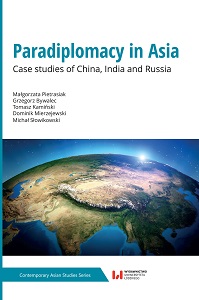
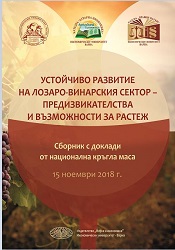
Keywords: vine and wine sector; Law on Wine and Spirits; institutions of the vine and wine sector; financial support, support to the vine and wine sector
The report examines the institutional framework in which the vine and wine sector of Bulgaria operates. A study has been made of the legal basis on which the sector is regulated, the institutions that regulate its processes, the scientific and personnel servicing of the sector, the vineyard register, etc. As a member of the European Union, Bulgaria applies the mechanisms of the Common Organization of the Wine Market. The sector's financial support policy for the post-2000 period has been explored. A special place is given to the role and importance of the National Support Programs for the Vine and Wine Sector.
More...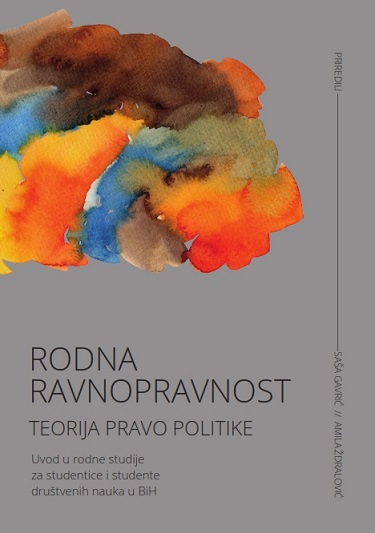
Keywords: Institutional mechanisms; public policies; gender equality; gender studies; gender discrimination; women’s rights; human rights;
Postojanje institucionalnih mehanizama za ravnopravnost spolova se smatra bitnom pretpostavkom za ukidanje diskriminacije na osnovu spola/roda i ostvarivanje ciljeva rodne ravnopravnosti. Potreba za uspostavljanjem institucija koje će se specifično baviti ovim pitanjima je prepoznata i istaknuta tokom Četvrte svjetske konferencije o ženama 1995. godine u Pekingu (vidi rad II.1 Ujedinjene nacije autora Damira Banovića). Zaključci ove konferencije su sadržani u Pekinškoj deklaraciji i Platformi za akciju kada je zaključeno da vlade imaju primarnu odgovornost za sprovedbu Platforme za akciju te da bi mehanizmi i institucije za unapređenje položaja žena trebali sudjelovati u formuliranju javne politike i poticati sprovedbu Platforme ali i djelovati kao katalizator u razvoju novih programa (Platforma za akciju, 1995, Glava V-A). Komitet za eliminaciju diskriminacije žena Ujedinjenih naroda (Opća preporuka br. 28, 2010) preporučuje postojanje ovih institucija kao jednu od osnovnih pretpostavki za sprovođenje člana 2. CEDAW konvencije.
More...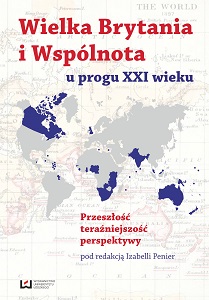
Keywords: British Defense Policy;United Kingdom;British General Election of 2010
The article discusses major weapons investments carried out at present and planned in the future by the United Kingdom. Individual investments are analyzed in terms of their potential relevance for the British armed forces, the costs of completion and the factors that influence the decision to choose a particular variant of the weapon. In the last part of the paper, the British dilemmas with nuclear forces are characterized.
More...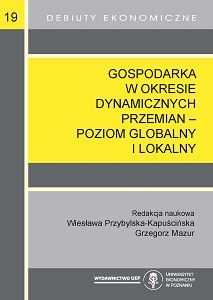
Keywords: samochody elektryczne;BEV;środowisko naturalne;rynek samochodów elektrycznych;akumulatory;Polska;
W artykule podjęto próbę zbadania potencjału wzrostu sprzedaży samochodów elektrycznych w Polsce do 2025 roku. Dotychczas w polskich pozycjach naukowych, w przeciwieństwie do zagranicznych, skupiano się głównie na kwestiach związanych z akumulatorami w samochodach oraz na tematyce dotyczącej ochrony środowiska. Zdaniem autora w literaturze brakuje kompleksowych prób oceny wzrostu rynku aut elektrycznych w Polsce w kolejnej dekadzie. Głównym celem pracy była ocena możliwości wzrostu sprzedaży pojazdów elektrycznych w kraju do 2025 roku. W tym celu wykorzystano narzędzia ze „Strategii błękitnego oceanu”. Za pomocą kanwy strategii oraz mapy użyteczności dla nabywcy dowiedziono, że samochody elektryczne będą się rozwijać w szybkim tempie ze względu na niewielką skalę, jednakże nie staną się one do 2025 roku produktem masowym na polskich drogach.
More...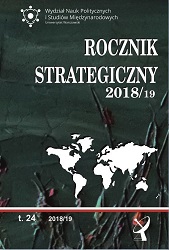
Keywords: CSDP; PESCO; EDF; European Intervention Initiative (E2I)
The article discusses the evolution and functioning of the Common Security andDefence Policy of the EU in 2018. The authors start with an analysis of externaland internal determinants of cooperation within CSDP, with particular attention tothe impact of transatlantic relations and US approach to the European initiativesas well as of internal tensions in the EU. Then they discuss the implementation ofthe decisions from December 2017 on the initiation of PESCO, which constitutesthe central topic of the paper. The functioning of European Defence Fund is alsoanalyzed, as well as the essence and implications of the French proposal of EuropeanIntervention Initiative (E2I). In the last part of the article, operational engagementof the EU is briefly presented, including a discussion of modifications of CSDPand ways of implementing them, namely Civilian CSDP Compact (CCC), and thedebates over the future of maritime activities of the EU in the Mediterranean. Theauthors conclude with an assessment of the results of the development of PESCOand EDF in the last year and of the perspectives of future cooperation.
More...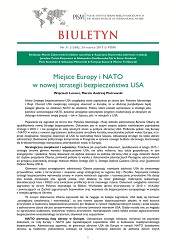
Keywords: United States; NATO; US National Security Strategy; new threats from Russia; Islamic State; US military presence in Europe;
Nowa Strategia bezpieczeństwa USA uwzględnia nowe zagrożenia ze strony tzw. Państwa Islamskiego i Rosji. Chociaż USA zwiększają rotacyjną obecność w Europie, to w dłuższej perspektywie będą polegać głównie na zdolności NATO do działania. Polska, która została wymieniona w strategii jako państwo wzmacniające NATO, powinna umiejętnie wykorzystać program modernizacji sił zbrojnych do dalszego budowania swojej pozycji – tak w Sojuszu, jak i w relacjach z USA.
More...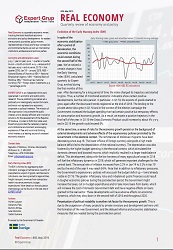
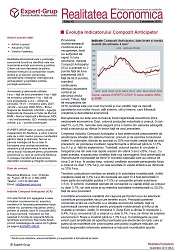
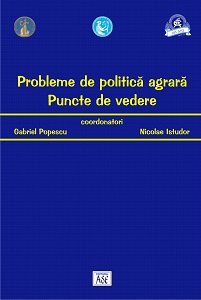
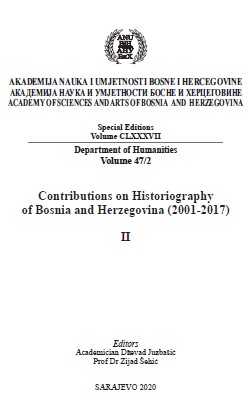
Keywords: Srebrenica; verdicts; genocide; victims; responsibility; Army and police of the Republic of Srpska; State Security Service of the Republic of Serbia; Directive no. 7; Dutch Battalion (HOBLAT);
There are numerous papers dealing with research of genocide in Srebrenica, as well as papers dealing with denial of it. An insight into a number of publications related to these topics raises the question of whether quantity prevails over quality and how much research on genocide in Srebrenica is based on scientific methods and how much on the arbitrary interpretation of historical events. This paper presents an overview of a large number of published works, with particular emphasis on a more detailed analysis of the work of historians as well as published historical sources. Many trials before national and international courts have been conducted against individuals charged with crimes against humanity and international law, including the crime of genocide committed in and around Srebrenica from 10-19. July 1995. Detailed descriptions of mass executions, with data on the number of victims, forensic evidence, mass graves of primary, secondary and tertiary character, can be found in the verdicts rendered in the abovementioned court processes. The significance of these judgments for the historiography of the Srebrenica genocide is immeasurable. They represent an important historical source and a starting point for any further research. The documents in the possession of the ICTY, which were used in the above processes, are available in the Tribunal’s electronic database and are also very significant for historical science. The verdicts gave a detailed reconstruction of the “nine days of hell,” as judges characterized the period after the fall of Srebrenica. The question of representation of earlier periods in historiography, relating to very dynamic developments within Srebrenica during 1992, 1993 and 1994, is also discussed in the paper. Public discourse on the Srebrenica genocide is completely dominated by topics from July 1995, which gives the impression that the period preceding the fall of the enclave is neglected.
More...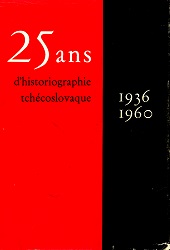
Keywords: Czechoslovak historiography;
If this collection gives an overview of the harvest of the last twenty-five years, it is because, on the one hand, Marxist historiography has been able, on more than one point, to accept the results of previous research, that, on the other hand, many historians of the previous era, while freeing themselves from outmoded conceptions which no longer met the modern requirements of science, appropriated the philosophical foundations of dialectical materialism and that finally, even in the period preceding the year 1945, one could sense in some works a foretaste of the Marxist conception of history. (as written in 1960)
More...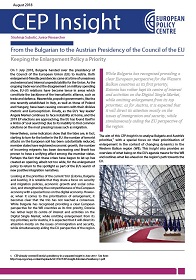
On 1 July 2018, Bulgaria handed over the presidency of the Council of the European Union (EU) to Austria. Both enlargement-friendly presidencies came at a time of uneasiness and external and internal unpredictability for the Union. As the ongoing trade war and the disagreement on military spending show, EU-US relations have become tense in areas which constitute the backbone of the transatlantic alliance, such as trade and defence. Meanwhile, populist governments, like the one recently established in Italy, as well as those of Poland and Hungary, have been causing concerns with their divisive rhetoric and Euroscepticism. Finally, as the EU's ‘key leader' Angela Merkel continues to face instability at home, and the2019 EP elections are approaching, the EU has found itself in a limbo of ‘soul searching' due to its inability to find common solutions on the most pressing issues such as migration.
More...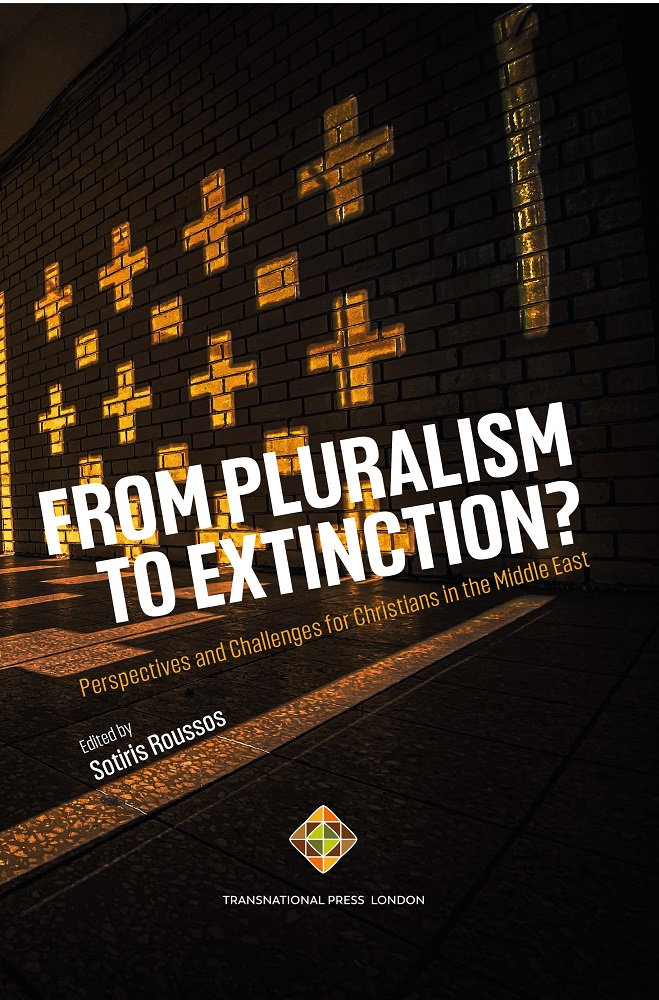
Keywords: Christianity; The Modern Middle East; Current Situation; Future Challenges; Christian; Middle East; Ottoman Empire;
Christian presence across the Middle East (West Asia) region is facing a variety of acuate challenges which are increasingly considered as existential. In terms of history the current situation might be considered similar to that faced by Eastern Christianity as a consequence of the geopolitical changes in the late period of the Ottoman rule including World War I, the Armenian Genocide, the Syriac Sayfo, and the displacement of the entire Eastern Orthodox population during the early 1920’s with the establishment of the modern states of Greece and Turkey. With the collapse of Ottoman Empire, the wider geopolitical and ecclesial situation significantly changed across Europe, Russia and the former Ottoman territories directly having an impact upon Eastern Christianity this included the Bolshevik Revolution which brought about the near destruction of the Russian Orthodox Church. This in turn severed the historic ties with Eastern Churches in the Middle East until after World War II. In the aftermath of these traumatic events determined efforts were made by the Christian communities in the region to rebuild the Eastern Orthodox, Armenian and Syriac and the Eastern Catholic churches in the context of new nation-states and mandatory governance in the interwar Middle East. World War II followed by the imposition of Communist rule in the Eastern European states and the Cold War impacted upon all Eastern Christians in the Middle East. Regional conflict across the Middle East also felt upon all Christians from the Arab–Israeli conflict in the post war era to conflict in Iraq and Syria, the effects of war have challenged Christianity in the Middle East to the point that many are concerned for its survival. This has included the forced displacement and emigration of Christian from across the entire region. It is critical to understand the dynamics of Christian emigration from the Middle East, the first phase of which began in the later part of the nineteenth century and continued until World War I. During that time, thousands of Christians left the Ottoman Empire in search of economic opportunities, including greater religious freedom and political tolerance. After World War II, socio-economic factors continued to influence the emigration of Christians and to a lesser extent, of non-Christians. In the post-independence period, from the late 1940s to the present time, Christian emigration continued to rise, primarily due to economic insecurity but also due to political instability and military conflicts: the 1948 Palestinian–Israeli conflict, the Lebanese Civil War (1975–1990), the Islamic revolution in Iran, and the series of wars in the Persian Gulf—the Iran–Iraq War (1980–1989), the First Gulf War (1990–1991), and the US lead invasion of Iraq, which began in 2003. To this should be added the Russian Federations invasion of the Ukraine in February 2022 which has an impact on the Eastern Christian churches in the Middle East sharpening relations between the Patriarchates of Constantinople and Moscow and allowing for an increasing influence by the various states in the region on ecclesial affairs in a changing geopolitical situation. Patriarch Sako of the Chaldean Catholic Church centred on Iraq stated “The world economic crisis and the global situation marked by the Russian military invasion in Ukraine are also having serious effects on the network of charitable and social works promoted by the Churches in the Middle East. This circumstance is driving the exodus of Christians from the region of the world where Jesus was born, died and rose again.”
More...